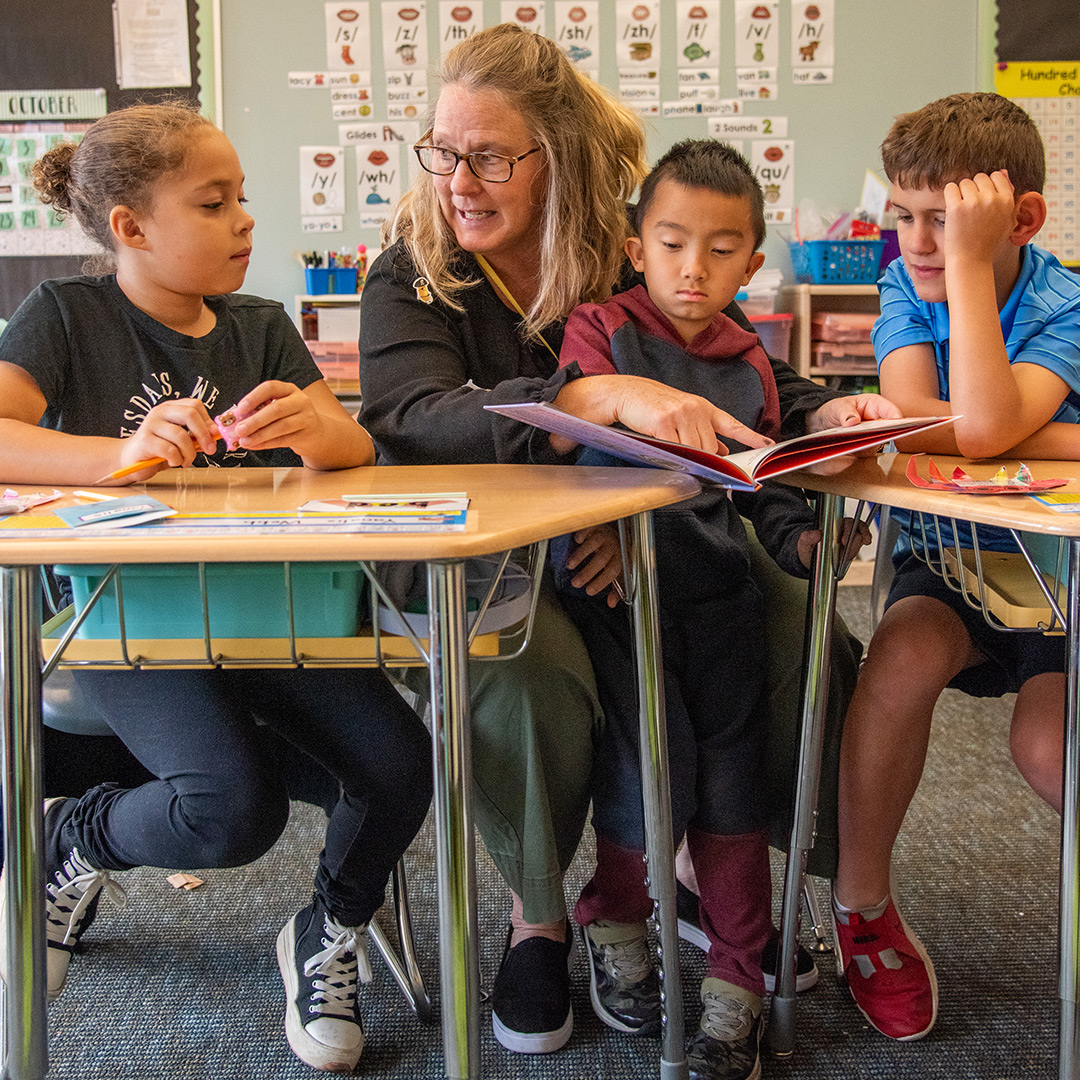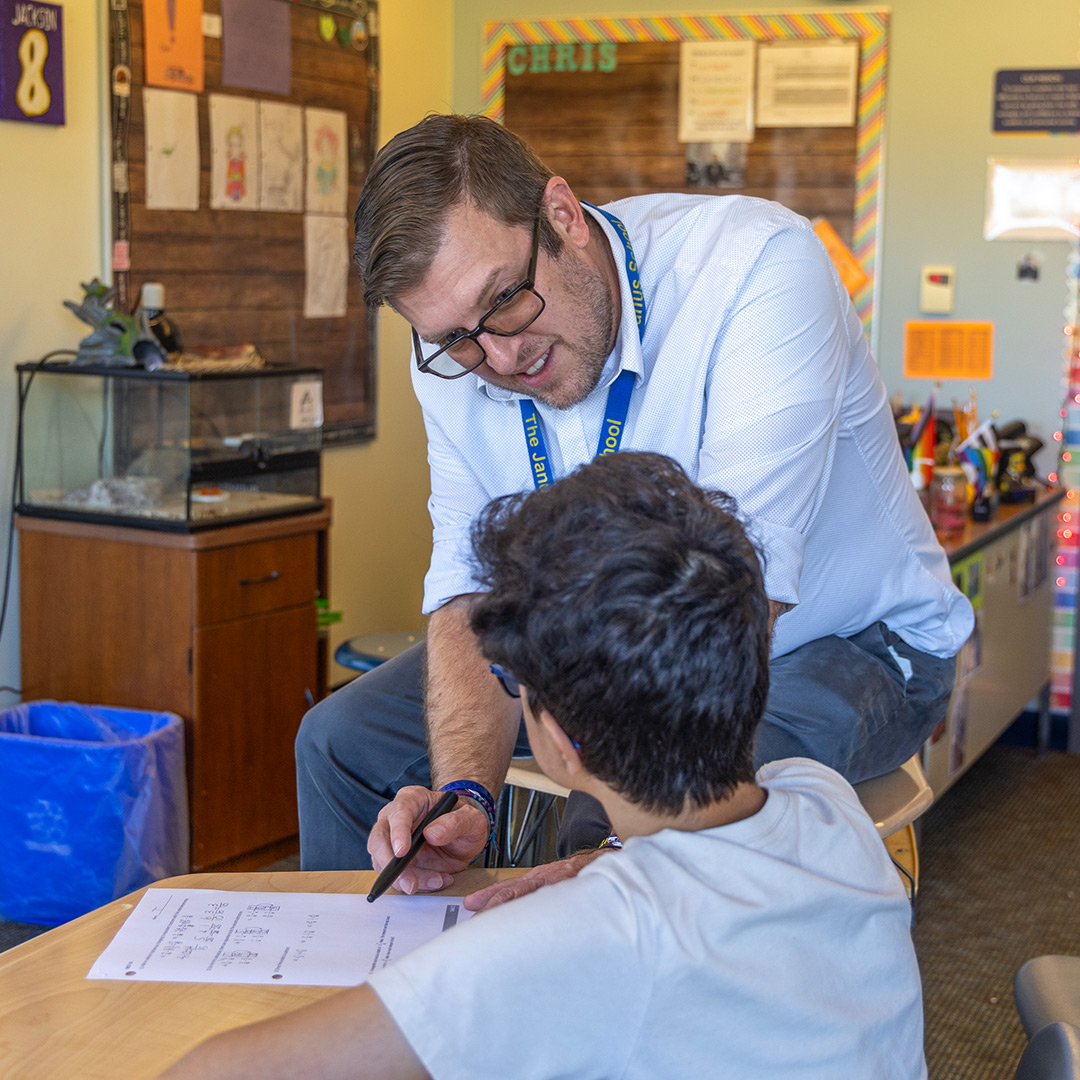
As students return to school, many experience a mix of emotions from excitement, curiosity, and joy to nervousness and uncertainty. For neurodiverse students with learning differences such as a language- or math-based learning disability, ADHD, autism spectrum disorder (ASD), executive function difficulties (EFD), non-verbal learning disorder, or auditory processing disorder, back-to-school stress and anxiety can be magnified as they face the unknowns of new routines, teachers, and classmates.
At The Janus School, a private school for neurodiverse learners in Central Pennsylvania, we understand the challenges and opportunities that come with this season. Hear from Head of School Heather Strunk as she shares simple, effective strategies and tips to help set your neurodiverse child and family up for success during this time of transition.
Tip #1: Get Organized
For a neurodiverse student, staying organized is key, and sometimes, that means finding creative solutions to help track what needs to be accomplished. Visual aids can be helpful, as well as keeping school supplies and personal items in consistent, easy-to-find locations. (For instance, make it a habit to hang the student’s backpack on a dedicated hook each day after school.) Use a physical calendar or planner to track classwork, important dates, and deadlines. Color-coding schedules and supplies for each class can also simplify finding necessary items. Additionally, remember that practice leads to success in building good habits, so spend a little time each day reinforcing these organizational skills.
Tip #2: Set and Keep a Daily Schedule
Creating a consistent daily schedule is essential not only for your neurodiverse child but for the whole family. Plan meals at the same times each day and maintain a regular bedtime to support restful sleep. Allocate specific times for homework, studying, and any allowed screen time. Don’t forget to include family time and fun activities! Consistent routines provide a strong foundation to help students with learning differences manage new expectations and adapt to new environments.

Tip #3: Advocate for Assistance and Maintain Open Communication
At the start of the school year, advocating for support and keeping communication lines open is vital. Review your neurodiverse child’s IEP to understand the plan and available resources. Keep a written or electronic log of communications with teachers and support staff. Encourage older children to log their experiences to build self-advocacy skills. Most importantly, trust your instincts. If something feels off, don’t hesitate to reach out to the school team for a conversation.
We’re Here to Help!
At The Janus School, the only independent K-12 private day school in Central Pennsylvania dedicated to the needs of neurodiverse students with learning differences, we are working closely with families to support seamless back-to-school transitions. We hope these tips help ease the process for your child and create the foundation for a successful school year. Not all great minds think alike, and empowering students with the right tools, techniques, and personal support can unlock their gifts and potential in the classroom and in life.
If you believe your child may be struggling with a learning disability and are interested in learning more about our private school for neurodiverse learners that offers tuition assistance and personalized support, get in touch. Our team can connect you with the resources and support to take the next positive step for your neurodiverse child and family.